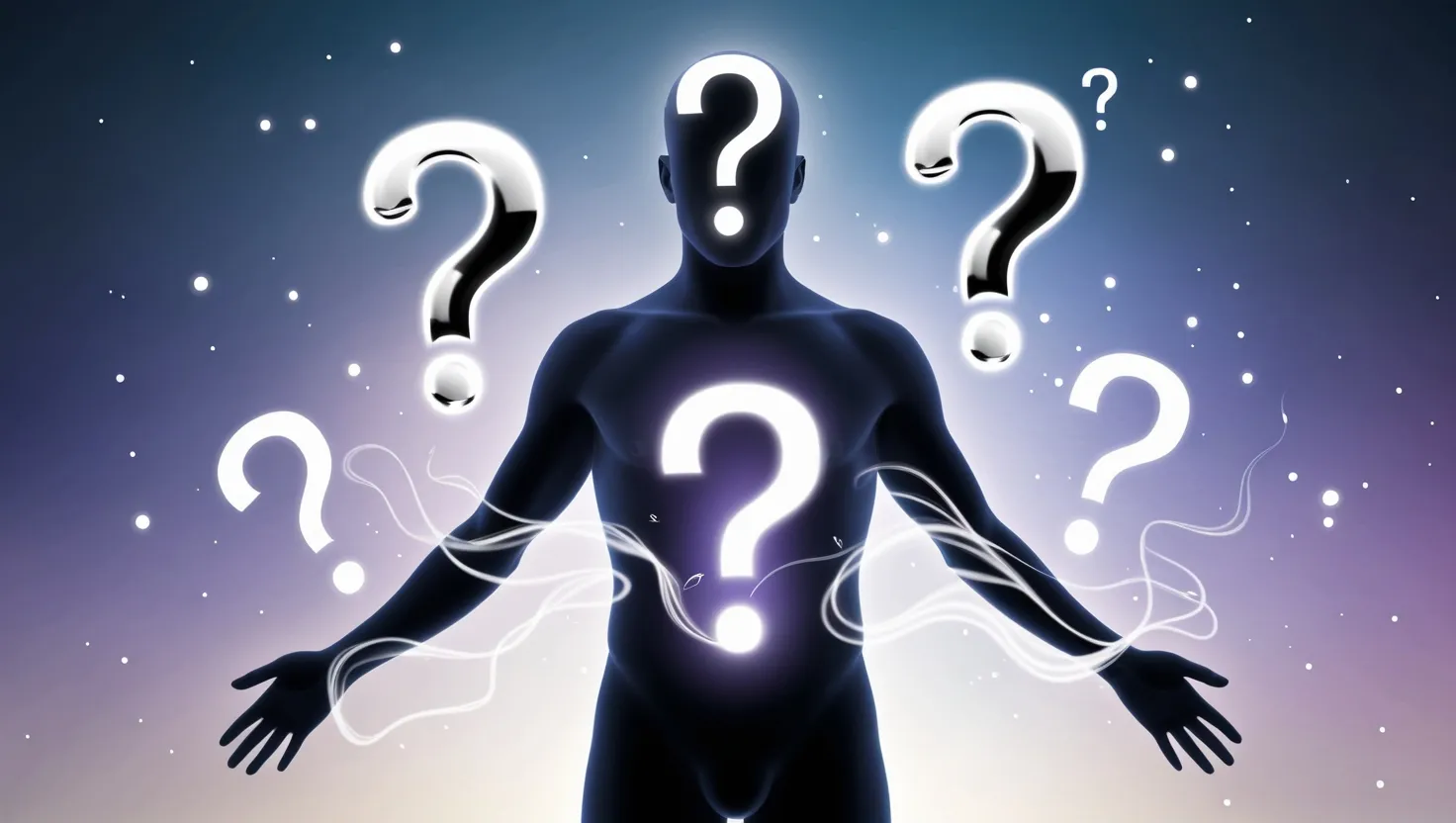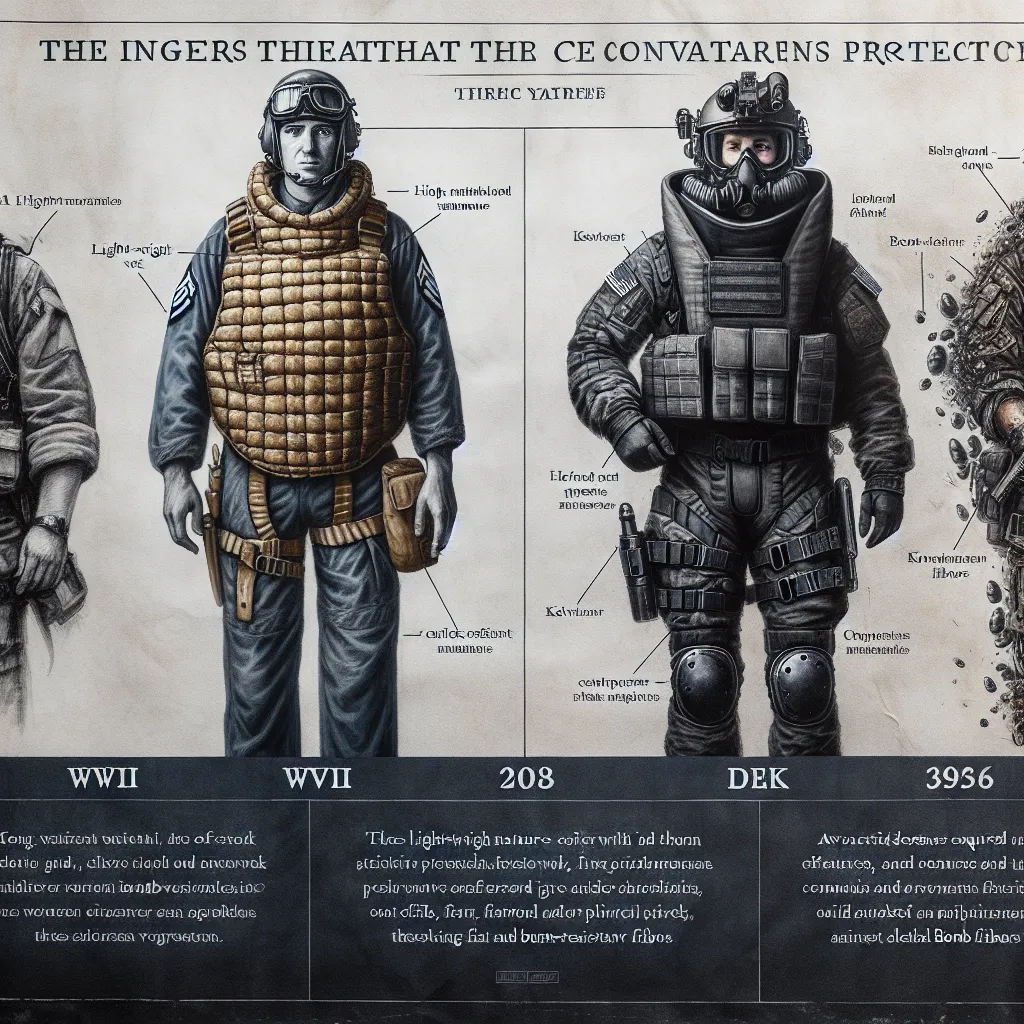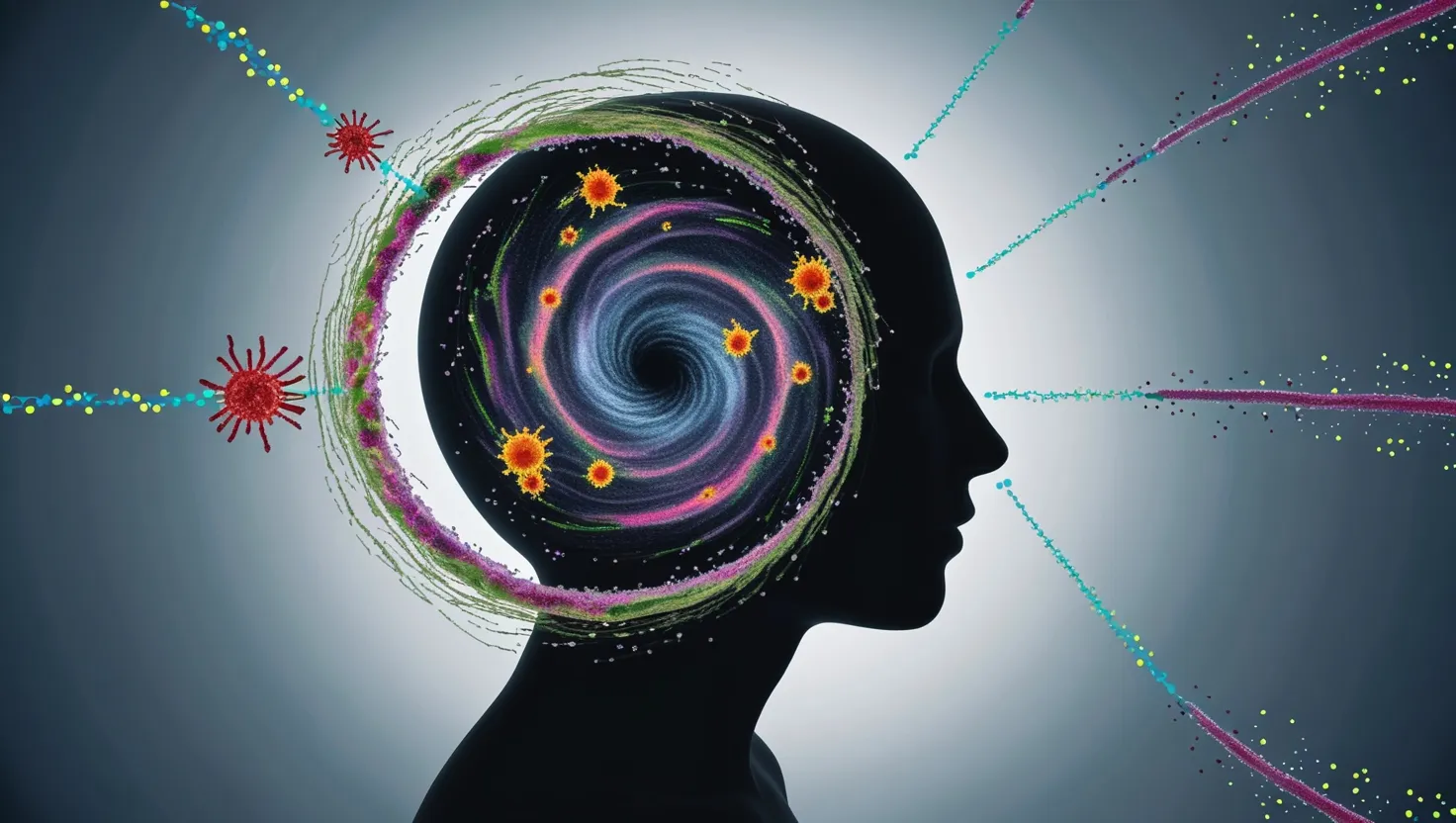Let me take you on a journey through some of the strangest everyday experiences our bodies deliver—riddles that, even now, science can’t fully settle. We might think the human body is a conquered territory, mapped out and measured by centuries of anatomical study and medical progress. But sometimes the most familiar sensations are precisely the ones that keep scientists guessing. Ask yourself, when was the last time your body did something odd, something nagging or weirdly universal, and you realized: nobody actually knows why?
I’ve always been fascinated by what we overlook. Let’s start with phantom limb sensations—a phenomenon as haunting as it is common among amputees. Imagine feeling your fingers wiggle when your hand is gone, or scratching an itch on a foot you haven’t seen in years. These sensations aren’t just flights of imagination. They’re vivid, often painful, and bafflingly real to those who experience them. The current wisdom points to a confused brain and nerves left behind after amputation, but that only paints half the picture. What does it mean for your brain to stubbornly insist something’s still there? Why does some pain fade while other sensations persist for decades? No animal model has captured the full human version of this; no scan has found the precise switch.
It makes me wonder: is the ghost limb more about our sense of self than our sense of touch? Some researchers have found relief for patients using mirrors to “trick” the brain—but not everyone’s haunted by the same illusions or helped by these tricks. It raises a deeply human question: how do you convince a brain to let go of something that once defined the borders of your world?
“Of all the things which wisdom provides to make us entirely happy, much the greatest is the possession of friendship.” —Epicurus
Next, picture yourself in a silent room. Someone yawns. Suddenly, you’re fighting your own yawn, even if you’re wide awake. Why is this so contagious, not just in humans, but even in dogs or chimpanzees? There’s no clear evolutionary reason for this kind of mimicry. Some hypotheses suggest empathy—maybe mirroring a yawn signals social connection. Others claim it’s just an ancient brainstem reflex. But none of these explanations convincingly answer why watching a yawn is so much more powerful than knowing about one.
If we dig deeper, there’s something strangely democratic about the yawn. You can’t prevent it by sheer will, nor can you always predict it. What’s your theory? Next time you’re in a meeting and the first yawn ripples around the table, consider whether your brain is just echoing biology or participating in a hidden social ritual. Are we syncing our alertness the way birds flock together without a leader?
“Science is the great antidote to the poison of enthusiasm and superstition.” —Adam Smith
Let’s move to my favorite medical paradox: the placebo effect. If a sugar pill or a saline injection can measurably reduce pain, shrink some symptoms of depression, even ease Parkinson’s tremors, how much of what we call medicine is belief? The physical power of expectation isn’t some side-show; it’s a robust and reproducible effect in clinical trials, so much so that every new drug is tested against it.
But here’s the twist—placebos often work even when patients know they’re getting a placebo. Imagine your doctor hands you a bottle labeled “Placebo. Contains no active ingredient.” Many people still get better. What’s happening under the surface? Brain scans show actual biochemical changes—endorphins released, certain brain areas calming down. But why do some, and not all, people react? How does our internal pharmacy get “turned on”?
Could future medicine harness this power deliberately? Or does the mystery itself—our not-knowing—play a crucial role in making it work?
“Man is a mystery. It needs to be unraveled, and if you spend your whole life unraveling it, don’t say that you’ve wasted time. I am studying that mystery because I want to be a human being.” —Fyodor Dostoevsky
Let’s talk about a nightly journey we all take: REM sleep. You know it—your eyes darting behind closed lids, wild dreams tumbling through your mind. But why do we do this dance every night? Dreaming is common enough that every culture has made stories about it, but science still debates its exact function. Some say it’s about memory processing, others about emotional reset, or even brain development. Curiously, when REM sleep is suppressed (sometimes by medication), people can feel foggy or emotionally dulled, but we can’t say exactly what they’re missing.
Could REM be the brain’s way of running simulations, testing reactions without real-world risk? Does it help us cope with anxiety, or is it just a leftover byproduct of neural maintenance? If REM is crucial, why do some animals show so little of it, and others seem to thrive with much more?
Have you ever woken from a vivid dream feeling like you’ve gone somewhere far away? If REM is for more than just dreams, what else is happening while we sleep?
“Sleep is the best meditation.” —Dalai Lama
The simplest emotional responses often carry the murkiest explanations. Consider blushing—the involuntary reddening of the face when we feel embarrassed. Why would a signal that betrays our inner feelings evolve and stick around? Other emotional responses can be controlled, even faked, but blushing is stubbornly honest. Some scientists argue it helps smooth social friction, signaling to others that we recognize a social misstep and feel genuine remorse or humility. Yet, other signals—like lowering the eyes or apologizing—could serve the same purpose without such a visible display.
Interestingly, blushing is uniquely human. No other primate turns red with shame. Why would natural selection favor an uncontrollable, sometimes humiliating, flash of color right at the moment we’d most like to hide? Maybe blushing keeps us honest within groups, or perhaps it’s just an evolutionary quirk, a side-effect of other emotional circuitry.
“I wear my heart on my sleeve.” —William Shakespeare
Finally, I can’t help but reflect on ASMR—those odd, tingling chills some of us get from watching soft-spoken videos or hearing certain sounds. This phenomenon, sometimes called a “brain massage,” is barely a decade old in pop culture, yet millions seek it out for relaxation or sleep. But why do only some people feel these tingles, and why do such specific triggers work? Studies hint that ASMR might be linked to increased connectivity between certain brain regions, but we’re far from a clear explanation.
If you feel this tingle, does it serve a hidden biological purpose, or is it just a random sensitivity—like being ticklish or a supertaster for bitter flavors? Does ASMR exist to help us bond, to teach us to relax, or does it simply hijack pleasure systems for no adaptive reason? Most of us have never even heard the term twenty years ago. What else lies dormant in our senses, waiting for a cultural moment to bring it to light?
“Curiosity is the wick in the candle of learning.” —William Arthur Ward
Every time I share these questions, I’m reminded how science isn’t just about solving problems, but about living with wonder. I invite you to notice your next yawn, blush, or phantom itch. Ask yourself—are you carrying the torch of some evolutionary secret, or just enjoying the endless amusement of being human? If there’s one thing the human body teaches us, it’s that certainty is rare, and curiosity is endless. So, what’s your theory for the next everyday mystery science might stumble upon?






